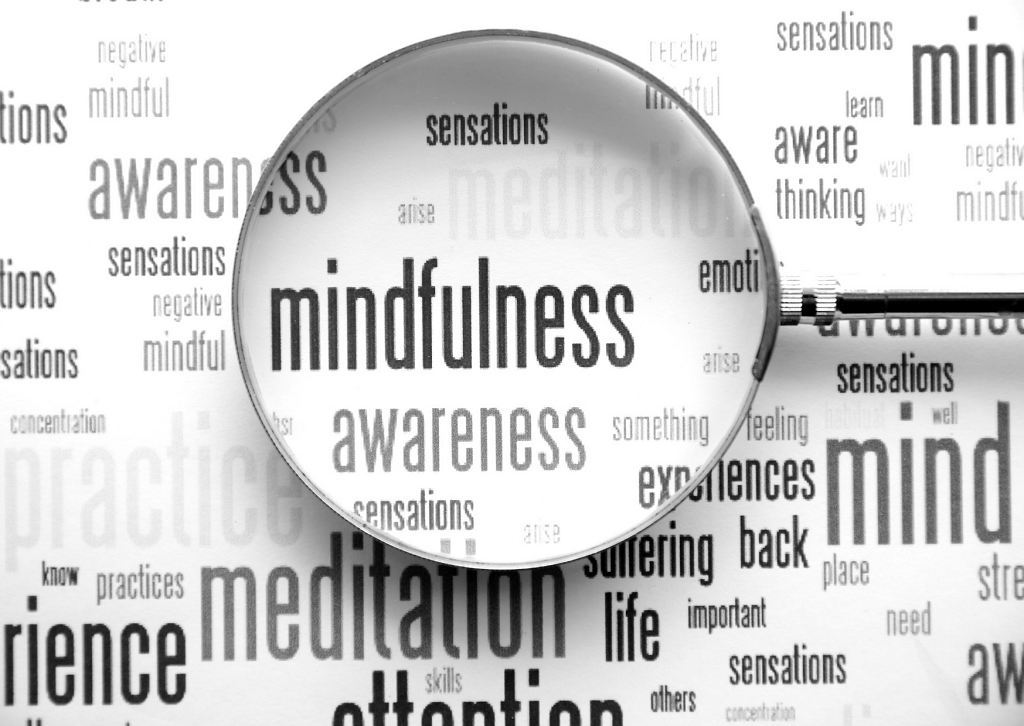Thought lift for sensitive people
- The solutions you are looking for are in your heart.
Sensitivity is a temperament trait, not a medical disorder. Nothing is inherently wrong with you. The answer to living in peace and harmony lies in yourself. You will not find the answers in the learned paradigms and methods of others. The mistakes you experience in life will give you a good pointer for the right direction for you.

- Know that you belong to this community as much as anyone else.
Spending a lot of time fitting in and feeling different is a negative thought virus. You are perfect yourself and have as much right to belonging and love as anyone else who fits in. Let go of thoughts about who you should be and what you should do, and value your signature strengths and who you really are.
- Search like-minded people, and know that you are not alone.
Many sensitive people feel different and alone. The truth is, we are not. When we are with other sensitive people who handle their sensitivity in good ways and use their super gifts, we can learn from them. They can offer us first-hand experience and wisdom to help us turn our sensitivity to our advantage. Feel free to find a sensitive and knowledgeable coach or mentor who can help you integrate your innate super gifts
- Find the hidden positivity in any situation
What we focus on, we get more of. When sensitive people are in a negative environment, they will suffer. On the other hand, when we are in a positive environment, we contribute to well-being and health. Immerse yourself in positive thoughts and situations that make you feel good.


- Find new thoughts on old mistakes .
Your sensitive talents and empathy for others include deep reflection and an instinct to see many perspectives and consequences. The challenge of being deeply focused on details can easily lead to overwhelm and exhaustion. When you reformulate your past and nurture your present, you create well-being and health.
- Treat yourself with compassion.
Sensitive person is usually deeply merciful and often puts the comfort and needs of others before his own. On top of that, you are often your own biggest critic. You push yourself hard, and criticize yourself. Controlling your inner critic is crucial to self-compassion. Deep thinking is one of your talents and this power needs to be embraced. Thought control without condemnation provides great support and love. From a loving state, you are better able to choose actions to take care of yourself and others.
- Creates healthy boundaries, and emotional availability.
We live in a culture that values painkillers and the external press, far more than it values sensitivity and flow. It is easy for us to build up defense and protection to shield ourselves from the overwhelm. If you are struggling to put your own needs first, make a conscious choice to practice saying no in a loving way. Decide to feel good even in borderline situations.


- Determine your own vibration and condition
Many sensitive people learn to ignore the body's signals. They respond to the needs of others instead of their own to meet what is expected of them. This causes their inner state to swing like a pendulum. Off, on, too much, too little, too fast, too slow. Learn to recognize the body's subtle signs so that you stay in balance.
- Create healthy habits that are tailored to your unique needs.
Healthy habits have a very beneficial effect on a sensitive nervous system. Remember that the food you eat affects your sensitivity. Sugar, flour and artificial additives are not the best nutrition and nutrients for sensitive people. If you allow too much food that is harmful to your health, you risk chronic diseases. Enough sleep and alone time are important habits.
- Stop suppressing your sensitivity.
If you are bombarded by stimuli, your sensitivity will be pushed out of your conscious attention. Often it ends up suppressing emotions to get a break from feeling anything at all. When you release the energy that you use to hold back, you release gifts such as empathy, creativity and increased joy.
- Identify your triggers and stress factors.
All highly sensitive people are different, and it is important to find out which stimuli trigger your discomfort and overwhelm. Some are very sensitive to food, some to climate, environment, medicine, working conditions, moods, temperatures or changed days and sleeping routines. It's all about different energies, no matter what it is we react to. Awareness raising and setting boundaries are important.


NB: The key to thriving as a sensitive person is to recognize that it is perfectly fine to be sensitive with all the challenges and strengths this provides.
Use your deep thinking mind to recognize hidden understandings, and consciously focus on positivity and opportunity.
Use your body to tune in to your senses and emotions, and stay within your optimal range of encouragement as often as possible.
Remember that many of our sensitivities can be changed with the right environment and framework. You are an expert on your own sensitivity and your life. Set boundaries and live wholeheartedly with everything you are.
If you are an empath, you have channeling and transforming qualities in you, as part of your sensitivity. You can use this on yourself, as much as on others. Empaths have different channeling abilities, and you know which way is best for you.



